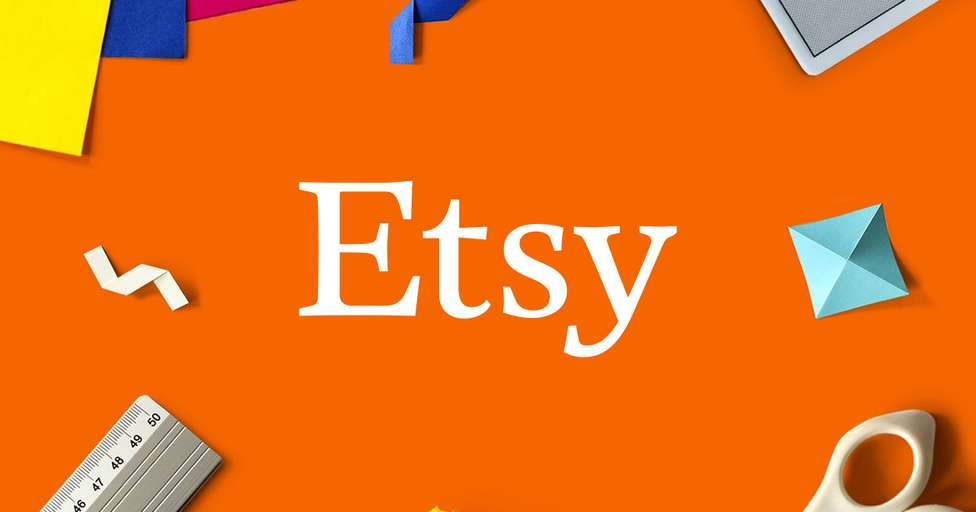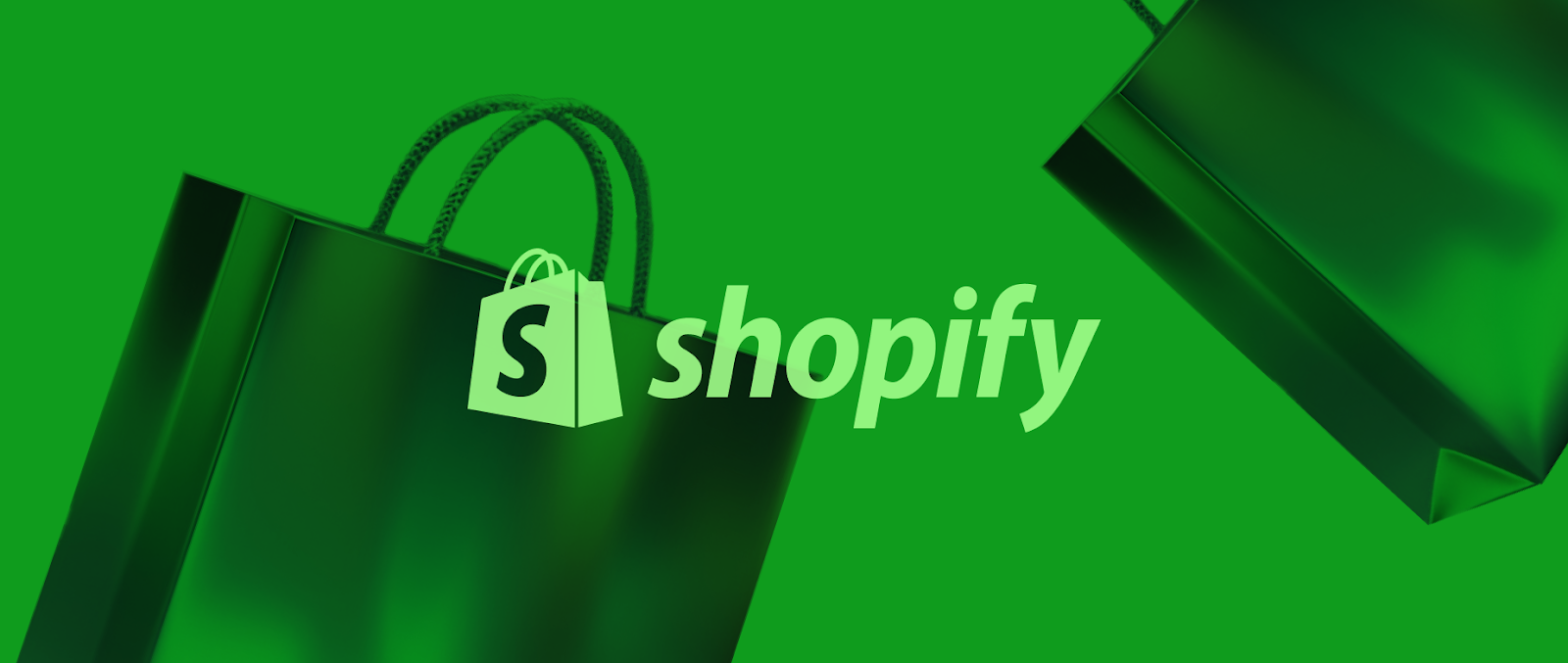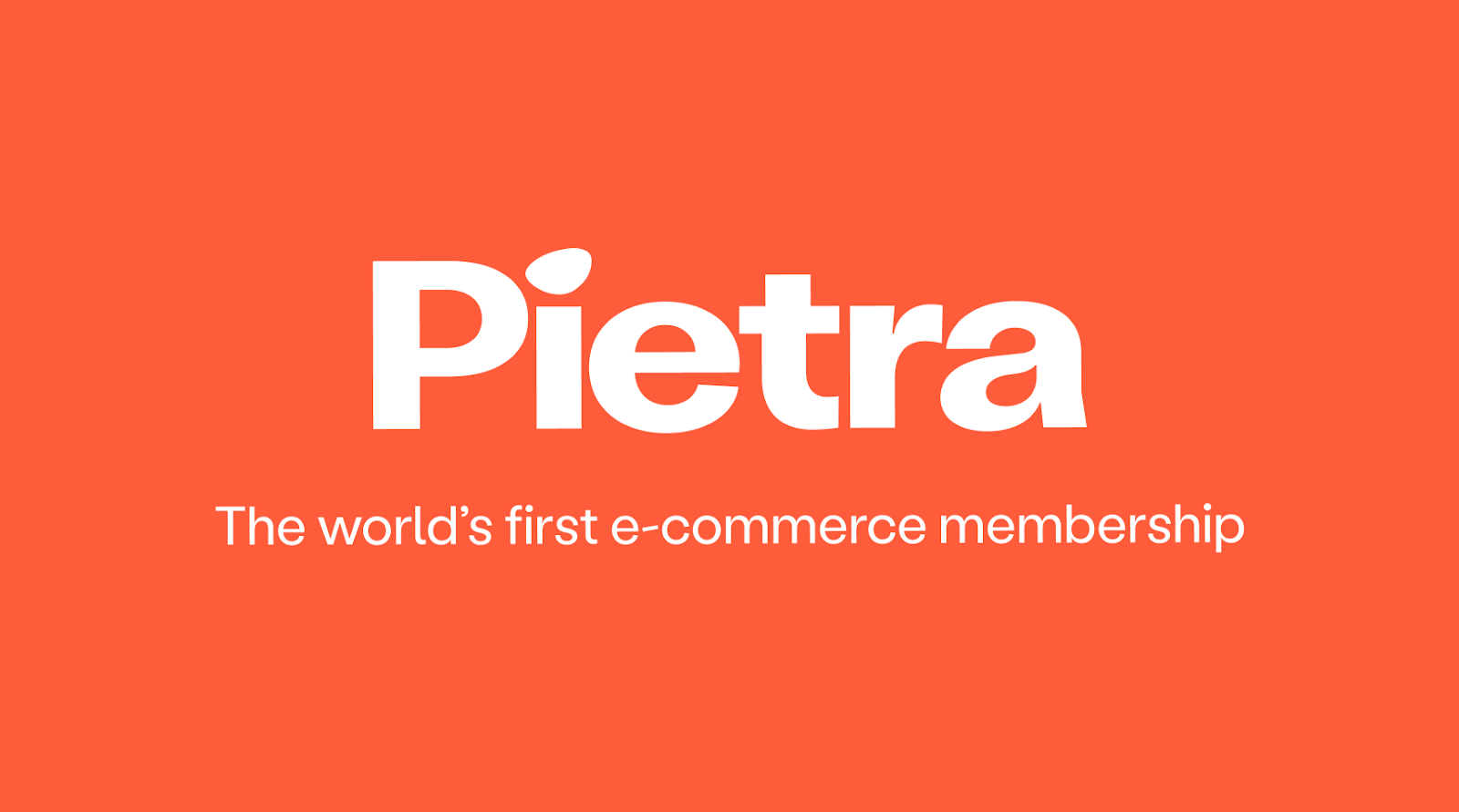
Introduction
When it comes to selling products online, whether they be handmade, vintage, sourced from manufacturers, or otherwise unique, two platforms often come to mind: Etsy and Shopify. Each has its unique strengths and weaknesses, making them suitable for different types of sellers. In this blog post, we’ll break down the key differences between Etsy and Shopify, helping you and your team decide which platform is best for your online business.
Etsy: The Artisan Marketplace
Etsy is primarily a marketplace for artisans, crafters, and vintage sellers. It allows individuals to set up shops to showcase their products in a community-focused environment. Etsy’s primary audience consists of shoppers looking for unique, handmade, or vintage items, making it a viable choice for small businesses focusing on these niches.
Integrating Etsy into a company's marketing strategy can enhance digital asset management and customer experience, thereby improving the overall effectiveness of marketing initiatives.

Pros of Etsy
-
Built-in Audience/Customer Base: Etsy has millions of active buyers, providing sellers with immediate access to a targeted audience.
-
Ease of Use: Setting up a shop is straightforward, making it accessible for those who may not be tech-savvy.
-
Community and Support: Etsy has a strong community and robust resources for sellers, including forums and educational materials.
Cons of Etsy
-
Fees: Etsy charges listing fees and transaction fees, which can add up, especially for smaller sellers.
-
Customization: Sellers have significantly less control over their shop’s appearance and branding compared to standalone websites.
-
Limited Product Offerings: Etsy only allows you to sell items that are made, designed, or handpicked by the seller. This prohibits scalability as you are unable to source product in bulk to sell on this platform.
-
Competition: With many sellers in similar niches, standing out can be challenging.
Shopify: The E-commerce Powerhouse
Shopify, on the other hand, is a dedicated e-commerce platform that allows users to create fully customized online stores. It’s designed for anyone looking to sell products, whether handmade or mass-produced, and is particularly suited for businesses that plan to scale.
Additionally, Shopify's tools and features can help businesses create effective marketing strategies through market research and consumer behavior analysis.

Pros of Shopify
-
Full Control: Sellers have complete control over their store’s design, layout, and branding, allowing for a more personalized shopping experience.
-
Scalability: Shopify is built to grow with your business, offering various plans and integrations as your needs evolve. You are also not limited in the types of products you can sell on your Shopify store.
-
Advanced Features: The platform provides tools for inventory management, SEO, marketing, and analytics, making it easier to manage a growing business. These features support the development of an effective marketing strategy by helping you define objectives, identify buyer personas, and adapt to market trends.
Cons of Shopify
-
Learning Curve: While user-friendly, Shopify can be more complex to set up compared to Etsy, particularly for beginners.
-
Monthly Fees: Shopify has a monthly subscription fee, which might be a barrier for new sellers with tight budgets.
-
Marketing Responsibility: Unlike Etsy, you’ll need to drive traffic to your store, which can be challenging without prior experience.

Understanding the Target Audience
One of the foundational elements of a successful marketing strategy is a deep understanding of your target audience. This group of people is the focal point of your marketing efforts, and knowing who they are can significantly enhance the effectiveness of your campaigns.
To start, gather data on the demographics of your target audience. This includes age, gender, income level, education, and geographic location. Understanding these basic characteristics can help you segment your audience and create more personalized marketing messages.
Next, delve into the needs and preferences of your target audience. What problems are they looking to solve? What are their interests and hobbies? This information can be obtained through market research, surveys, and social media listening. By understanding what drives your audience, you can tailor your marketing efforts to address their specific needs and desires.
Behavioral insights are also crucial. How does your target audience interact with your brand? What are their purchasing habits? Analyzing this data can help you identify patterns and trends, allowing you to optimize your marketing strategies for better engagement and conversion rates.
Market research is essential in this process. It provides a comprehensive view of your target audience, enabling you to develop a marketing strategy that resonates with them. A well-defined target audience is critical for creating effective marketing strategies that drive results.
In summary, understanding your target audience involves a combination of demographic data, needs and preferences, and behavioral insights. This knowledge forms the foundation of a successful marketing strategy, helping you tailor your marketing efforts to connect with your audience on a deeper level.
Building a Strong Brand Identity
In the competitive landscape of e-commerce, a strong brand identity is a key component of a successful marketing strategy. It helps businesses establish a unique presence in the market and differentiate themselves from competitors.
A brand identity encompasses both visual and messaging elements. Visually, this includes your logo, color scheme, typography, and overall design aesthetic. These elements should be consistent across all marketing channels to create a cohesive and recognizable brand image.
Messaging is equally important. Your brand’s voice and tone should reflect your company’s values, mission, and unique value proposition. Whether it’s through your website content, social media posts, or email campaigns, maintaining a consistent message helps build trust and recognition with your target audience.
A strong brand identity also involves clearly communicating your value proposition. What makes your products or services unique? Why should customers choose you over competitors? Answering these questions helps you position your brand effectively in the market.
Consistency is crucial. A well-defined brand identity should be reflected in every aspect of your marketing efforts, from your website design to your social media interactions. This consistency helps reinforce your brand image and makes it easier for customers to recognize and remember your brand.
In conclusion, building a strong brand identity is essential for creating effective marketing strategies. It helps you establish a unique market presence, differentiate from competitors, and build trust with your target audience. By maintaining a consistent visual and messaging framework, you can create a cohesive and recognizable brand that resonates with your customers.
Key Considerations for Marketing Channels
- Product Type
If you’re selling handmade crafts or vintage items, Etsy might be the better choice due to its niche audience. For those with a broader range of products or plans for scalability, Shopify’s robust e-commerce features are more suitable.
- Branding and Customization
For sellers who prioritize brand identity and customization, Shopify offers far more flexibility. Etsy shops have a more uniform look, which can make it hard to establish a unique brand presence.
- Marketing and Sales Strategy
Consider how you plan to attract customers. Etsy provides organic traffic through its marketplace, while Shopify requires you to implement your marketing strategies, such as social media advertising and SEO. Additionally, it's important to consider the marketing mix when choosing a platform, as it helps determine the channels and activities to reach your target audience effectively.
- Budget
Take a close look at the costs associated with each platform. Etsy has lower upfront costs but can accumulate fees over time. Shopify involves a monthly fee, but it provides tools that may save you money in marketing and management as you grow.
Conclusion
Choosing between Etsy and Shopify ultimately depends on your business goals, product types, and how much control you want over your online store. If you’re looking for an easy entry into e-commerce with a ready-made audience, Etsy is a fantastic option. However, if you’re ready to build a brand and scale your business, Shopify offers the tools and flexibility to support that growth.
Additionally, having a detailed marketing plan is crucial to support the execution of marketing initiatives on either platform.

Why Pietra's integration with Shopify is a game changer for scaling your business
When it comes to e-commerce platforms, entrepreneurs often find themselves choosing between giants like Shopify and marketplaces like Etsy. While Etsy offers a ready-made audience, it can be limiting for scaling a business. Enter Pietra, an innovative “business in a box” solution that integrates seamlessly with Shopify, making it an excellent choice for those looking to grow their brand. A marketing strategy determines the overall plan for reaching prospective consumers and converting them into customers. Here’s how this integration can elevate your business strategy.
1. Streamlined Order Fulfillment
Pietra’s integration with Shopify allows for effortless order management. When a customer makes a purchase on your Shopify store, the order is automatically sent to Pietra’s members-only fulfillment center. This means you don’t have to manually process orders, freeing up your time to focus on marketing, product development and all of the other areas of your business that require your attention. Quick and accurate fulfillment helps you maintain customer satisfaction and encourages repeat purchases. Effective order fulfillment can be part of the marketing tactics to enhance customer satisfaction and encourage repeat purchases.
2. Scalability Without the Headaches
One of the biggest challenges for growing businesses is managing inventory and fulfillment logistics. With Pietra, you gain access to a world-class sourcing network with over 1,500 manufacturers across more than 35 categories. This means that whether you’re starting from scratch or looking to scale an existing product line, you have the resources to scale effectively without getting bogged down in operational complexities.
3. Comprehensive E-commerce Tools for Target Audience
While Etsy provides a platform for selling, it lacks the extensive e-commerce tools that Shopify offers. With Shopify, you can customize your online store, optimize for SEO, and use advanced analytics to track your sales performance. Pietra complements these tools by offering additional sales and marketing resources, ensuring that you have everything you need to drive traffic and convert visitors into customers. Integrating various marketing tools can further enhance campaign execution and analytics, helping you to centralize efforts and make data-driven decisions.
4. Greater Control, Branding Opportunities, and Value Proposition
Selling on Etsy often means adhering to their guidelines and branding restrictions. In contrast, Shopify allows you to create a unique online presence that reflects your brand identity. With Pietra, you maintain complete control over your branding while also leveraging their resources to improve product quality and fulfillment speed. This is crucial for establishing a loyal customer base and enhancing brand recognition.
5. Flexible Growth Potential and Marketing Efforts
Etsy can limit your growth potential due to its marketplace structure, where competition is high and visibility can be challenging. In contrast, Shopify, paired with Pietra, empowers you to build and grow your brand independently. You can experiment with different marketing strategies, expand your product offerings, and reach new audiences without the constraints of a marketplace. Successful marketing strategies can help businesses expand their product offerings and reach new audiences by creating comprehensive plans tailored to specific business goals and objectives.
Conclusion
If you’re serious about scaling your e-commerce business, choosing Shopify with Pietra’s seamless integration is a smart move. This combination provides a robust platform for fulfillment, branding, and marketing, allowing you to focus on what matters most: growing your business. Say goodbye to the limitations of Etsy and embrace the potential that comes with a dedicated e-commerce solution. Start your journey today and unlock the full power of your brand!
Identifying your target market is crucial to tailor your marketing efforts effectively and achieve your business goals.


